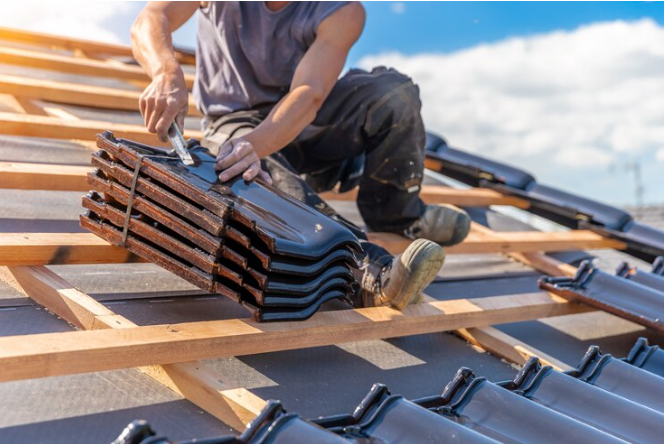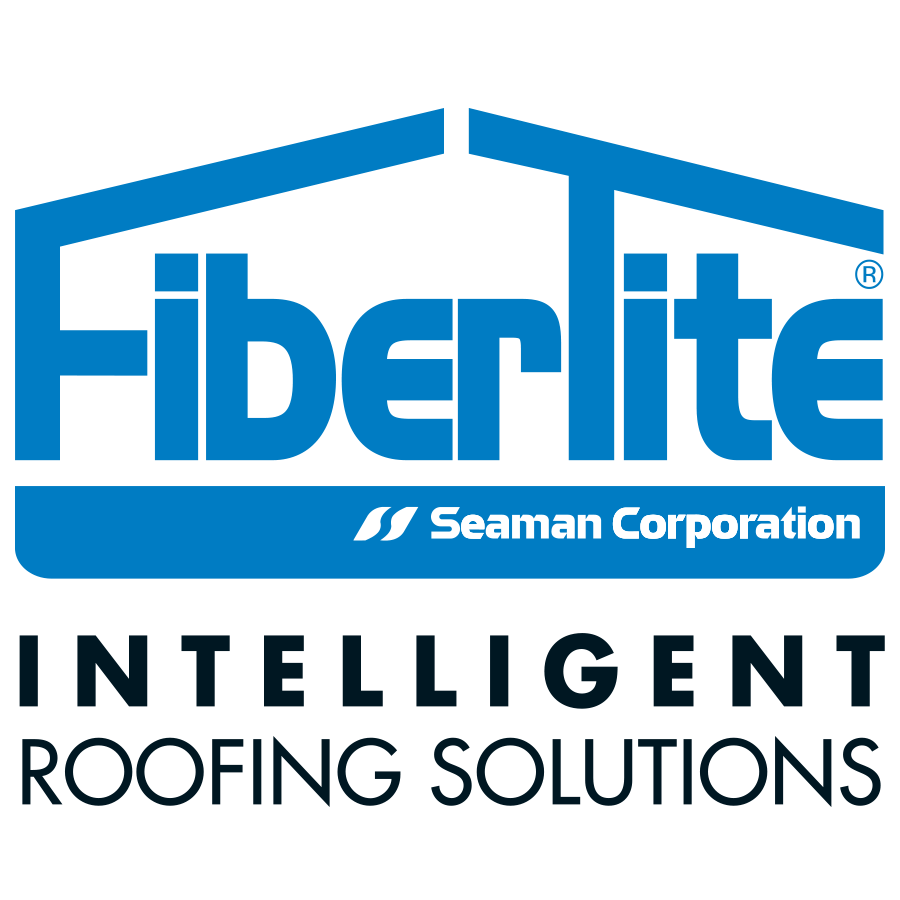
Replacing your roof might seem like just another home improvement project, but it’s actually one of the most important decisions you can make for your property’s future value.
A new roof doesn’t just protect your home from the elements; it can boost curb appeal, improve energy efficiency, and make your home more attractive to future buyers. Whether you’re planning to stay for years or eventually sell, the right roof replacement can make all the difference in how your home holds up in the market.
How Does Roof Replacement Influence Long Term Property Value?
The impact of a roof on property value is both tangible and psychological. Beyond simply keeping a house safe from the elements, a new roof can significantly enhance curb appeal and buyer confidence.
- Structural Integrity: A well-installed roof protects the home from leaks, mold, and water damage, preventing costly repairs that can negatively affect property value.
- Energy Efficiency: Modern roofing materials and installation techniques can improve insulation, lower utility bills, and appeal to eco-conscious buyers.
- Curb Appeal: A fresh, high-quality roof enhances the home’s exterior aesthetic, making it look newer and well-maintained.
- Buyer Confidence: Buyers often equate a new roof with a well-cared-for home, reducing perceived risks and strengthening negotiating positions.
- Insurance Considerations: Some insurance providers offer lower premiums for homes with newer roofs, adding financial incentive and perceived value to the property.
Long-term property value isn’t just about the immediate financial investment—it’s about the overall impression and security a new roof provides, ensuring your home retains its market competitiveness for years to come.
What Factors in Roof Materials Affect Future Resale Value?
Not all roofs are created equal. The choice of roofing material plays a significant role in both the lifespan of the roof and its contribution to a home’s resale value. Understanding material options and their long-term implications is key to making a strategic replacement decision.
- Asphalt Shingles: Popular and cost-effective, asphalt shingles offer moderate durability and come in a variety of styles. While budget-friendly, they may need replacement more frequently than higher-end materials.
- Metal Roofing: Known for longevity and durability, metal roofs resist fire, wind, and water damage. They also provide modern aesthetic appeal and energy efficiency, making them attractive to buyers.
- Slate or Tile: High-end materials like slate or clay tiles are extremely durable and add prestige to a home. While more expensive, they often increase resale value due to their long lifespan and luxury appeal.
- Synthetic Materials: Engineered materials mimic the appearance of wood or slate but with added durability and lower maintenance requirements. These are increasingly popular for buyers seeking a balance of aesthetics and practicality.
When evaluating roofing materials, consider not only upfront costs but also longevity, maintenance requirements, and market expectations. A roof that lasts decades without frequent repairs signals stability and value to prospective buyers.
Can a New Roof Change Buyer Perception of a Home?
Buyer perception is often influenced by the visible condition of a home’s exterior, and the roof is a central element of that impression. Even if the interior is immaculate, a damaged or outdated roof can raise concerns about hidden problems or deferred maintenance.
- First Impressions Matter: A new roof can dramatically enhance curb appeal, making a home appear newer, well-cared-for, and more attractive to buyers.
- Trust Factor: Buyers often assume that a new roof reflects conscientious ownership and that other aspects of the home are also well-maintained.
- Reduced Negotiation Pressure: Homes with older or damaged roofs may lead buyers to request price reductions or demand that the seller address repairs prior to closing. A new roof mitigates these issues.
- Market Positioning: In competitive real estate markets, homes with modern, high-quality roofs can stand out, increasing desirability and reducing time on the market.
Ultimately, a roof is a visual and functional symbol of home quality. Replacing it strategically can turn potential concerns into selling points, shaping the overall perception of value.
Why Do Appraisers Consider Roof Condition in Property Evaluation?
Professional appraisers assess multiple factors when determining a home’s market value, and roof condition plays a pivotal role. Roofs are expensive to replace, and appraisers factor the condition, age, and materials into their valuation calculations.
- Replacement Cost Consideration: Appraisers calculate the cost to replace the roof as part of the home’s overall value, reflecting the financial burden a buyer may assume in the near future.
- Condition Ratings: A roof in excellent condition can add value, whereas damage, leaks, or aging materials may lower appraised value.
- Material Quality Impact: Durable, high-quality roofing materials enhance appraised value due to their long lifespan and reduced maintenance needs.
- Integration With Home Inspections: Roof condition is closely tied to inspection reports, which influence lender decisions and buyer confidence.
By investing in roof replacement before listing a home, sellers can positively influence appraised value, ensuring that the investment in new roofing is reflected in the sale price.
Making Smart Roof Replacement Decisions
Replacing a roof is a significant decision that balances cost, materials, aesthetics, and long-term financial impact. Homeowners should approach this decision strategically:
- Assess Current Roof Condition: Identify leaks, age, wear, and structural concerns before choosing replacement options.
- Choose Quality Materials: Consider long-term value and buyer appeal when selecting roofing materials.
- Hire Experienced Professionals: Skilled contractors ensure proper installation, compliance with building codes, and attention to detail.
- Consider Market Trends: Align roof style and materials with neighborhood standards and buyer expectations.
- Factor In Energy Efficiency: Modern, energy-efficient roofing can reduce costs and attract eco-conscious buyers.
By taking a thoughtful approach, homeowners can make roof replacement a strategic investment rather than just a maintenance necessity.
Roof replacement is far more than a functional decision—it is a strategic investment that shapes a home’s future value. From influencing buyer perception and appraisal results to enhancing curb appeal and protecting long-term structural integrity, a new roof has a far-reaching impact on a property’s worth. Selecting high-quality materials, considering energy efficiency, and working with experienced roofing professionals ensures that homeowners get the maximum return on investment while safeguarding their home for years to come.
In a competitive real estate market, every decision counts. A well-planned roof replacement can differentiate a property, attract buyers, and solidify value. Whether aiming to sell now or planning for the long term, understanding the role of a roof in property valuation is crucial for making informed, impactful decisions.
Elevate Your Home’s Value With Expert Roof Replacement – Partner With Eason Roofing Today
Your roof is more than protection; it’s a statement of quality, care, and long-term value. At Eason Roofing, we combine years of craftsmanship with modern materials and installation techniques to ensure your home looks its best, performs at its peak, and stands strong for decades. Don’t let an aging roof compromise your property’s value. Call Eason Roofing today to schedule a consultation and take the first step toward a roof that enhances both safety and investment potential.





